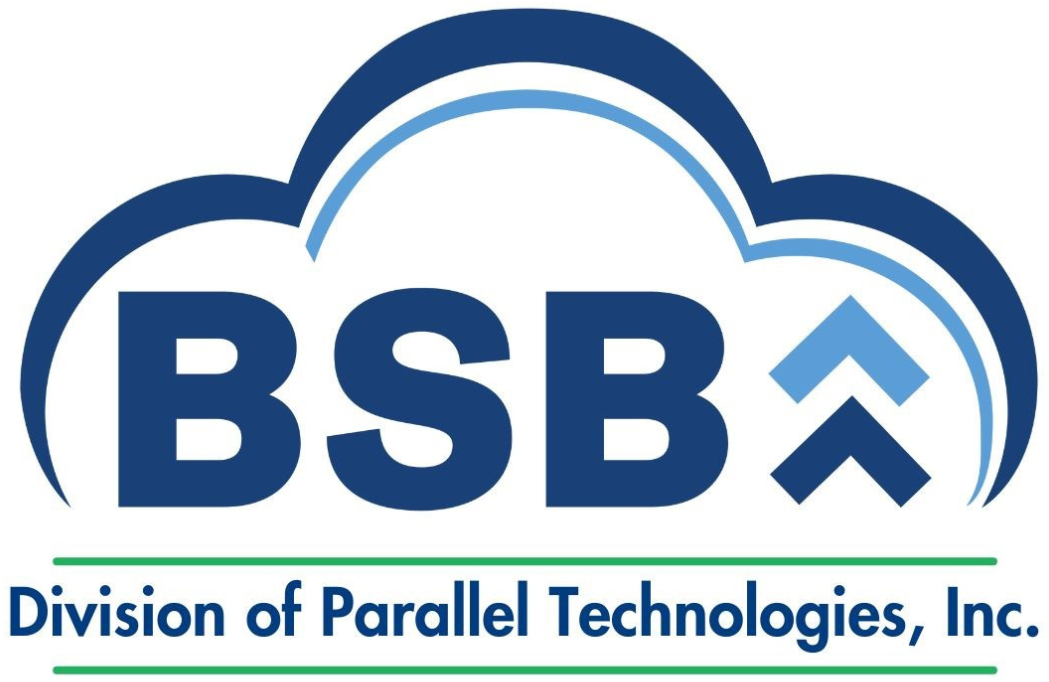There is no doubting the tremendous importance of the education system. Creating the citizens of tomorrow, teaching the next cohort of leaders and providing the necessary skills and know-how to thrive in a changing world – schools are critical for ensuring our future and the future of generations to come. As critical as the education system is, schools do have a reputation for being on the slower side when it comes to adopting new technology. Financial constraints, tight budgets and limited human resources are just a few of the reasons why schools sometimes lag in this area.
A unified communications system is an innovative solution that brings together communication tools such as telephony, video conferencing, instant messaging and collaboration technology on a single platform.
Let’s discuss how and why a new unified communications system will benefit your school.
Landlines are Becoming a Thing of the Past
As far as technological advancements go, unified communications is one innovation that schools should work to incorporate into their operations – the increased efficiency and heightened collaboration capabilities are simply too powerful to ignore.
Outdated communications systems, such as landlines and school phone systems, are being replaced by unified communications systems at an increasing rate. Unified communication systems provide significantly more flexibility than outdated communications systems which require cumbersome hardware investments and are limited to one-on-one conversations over the phone. Unified communication systems offer far greater capability than their predecessors, consolidating multiple connected tools into one modern platform for streamlined collaboration between teams, regardless of location or time zone.
Benefits of a Unified Communications System for Schools
Communication is evolving, and schools need to keep up with these changing communication solutions in order to provide an optimal educational experience. The case for migrating to unified communications is strong. Just consider these benefits.
Unified Communications Streamline Operations
Unified communications solutions offer substantial improvements to the way educational institutions communicate. By combining communication methods under one platform, schools benefit from a singular streamlined experience. Through an integrated communications structure, a single messaging system can be used for emails, phone calls, video conferencing and more, providing increased efficiency for both staff and students alike.
Schools are also able to combine mobile access with desktop-based applications for worldwide collaboration – fostering growth and sharing of knowledge far beyond the traditional classroom. Furthermore, as all messages are centralized in one location, important data remains secure and preserved.
Outdated tech is holding you back. Let’s fix that.
Unified Communications Increases Productivity
By streamlining system-wide communication between students and staff, unified communications technology can reduce reliance on inefficient and time-consuming manual processes. This allows teachers to easily schedule activities, set deadlines and share resources with a wider audience while also making it convenient to access important information even when they are offsite.
Unified Communications Saves Money
Schools are always looking for ways to save money and unified communications can help them to do just that. By consolidating email, video conference, scheduling, collaboration and messaging systems into a single platform, schools no longer require multiple software or tools for each respective purpose. This not only eliminates the need to purchase additional licenses for multiple programs but also eliminates costs for installation and maintenance for these separate systems.
The bottom line is that unified communications provide schools with simple but powerful tools that help streamline operations, freeing educators up to continue focusing on imparting learning experiences and forming relationships within their communities.
Unified Communications System Options
There are two primary options to consider with unified communications systems: Voice Over Internet Protocol (VoIP) and cloud communications.
What is VoIP?
VoIP is an innovative way to make phone calls over the internet that can save businesses money and offer better reliability compared to traditional landline phone service.
What is Cloud Communications?
Cloud communications, in comparison, is a generic term for any internet protocol (IP) voice or video services that are offered by a third-party provider using the cloud. It leverages existing infrastructure as well as providing secure scalability and flexibility while allowing communication between internal users, external contacts, partners and customers.
We understand the needs of schools of all levels. Let’s Talk.
Work Smarter, Not Harder, with Unified Communications
BSB Communications is Michigan’s premier communications solutions specialist. With over 30 years in business and with 3,000 customers (and counting), we have seen it all and know how to work with organizations to identify and implement the best communications system to meet their unique needs. Our easy and proven five-step process will have your school experiencing the unified communications advantage in no time.
Let’s schedule a time to discuss your communication needs.



